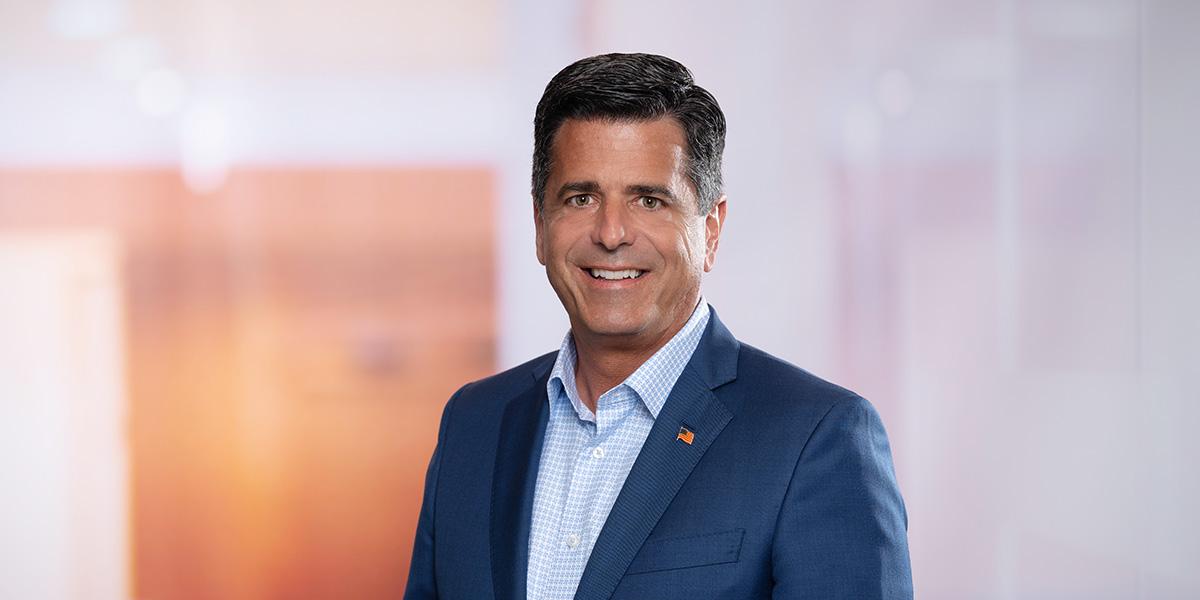
Steven A. Baddour
Executive Vice President & Director of Operations
+1.617.348.1686
Steve Baddour, Executive Vice President & Director of Operations at ML Strategies in Boston, is a seasoned strategist with over three decades of experience in law, government, and public policy. As a former Massachusetts State Senator and Assistant Attorney General, Steve brings a rare blend of deep institutional knowledge and bold, creative strategy to the world of advocacy. Steve has built a career navigating all levels of government, from local city halls to Beacon Hill to the halls of Congress in Washington, DC.
Steve’s innovative approach to lobbying helps clients turn obstacles into opportunities by crafting tailored solutions that get results where others stall. Throughout his career, he has leveraged his experience and connections to support clients in shaping policy, unlocking funding, and moving agendas forward with precision and impact.
In the Senate, Steve held influential roles as Chair of the Joint Committee on Transportation, Vice Chair of both the Judiciary Committee and the powerful Ways and Means Committee and led numerous high-stakes conference committees. His deep understanding of legislative, executive, and local governance makes him a strategic asset in any policy arena.
An engaged leader in both civic and business communities, Steve sits on the Board of Directors for the Greater Boston Chamber of Commerce and the Foster Kids of the Merrimack Valley.
Education
- Massachusetts School of Law (JD)
- University of Massachusetts (BA, cum laude)
Involvement
- Board of Directors, Greater Boston Chamber of Commerce
- Board of Directors, Foster Kids of the Merrimack Valley


